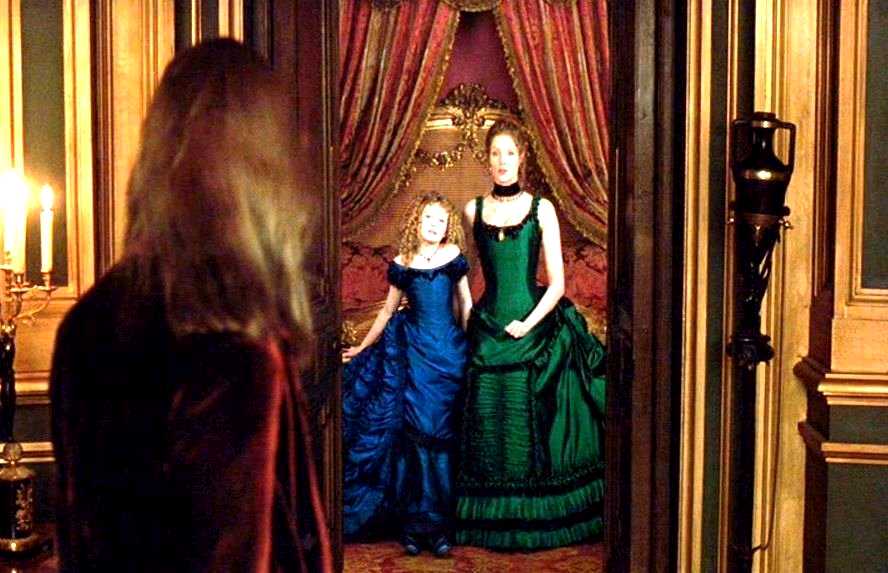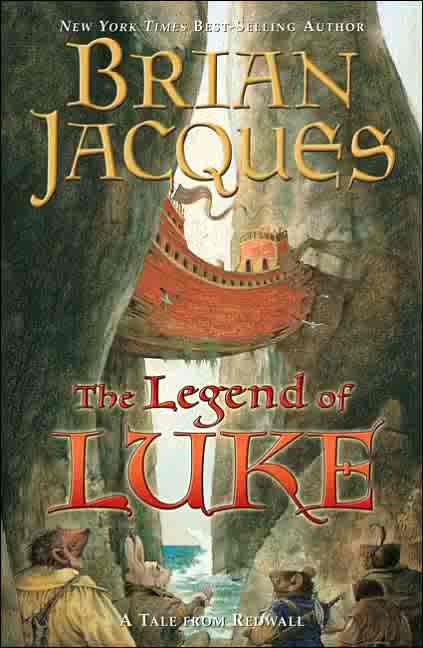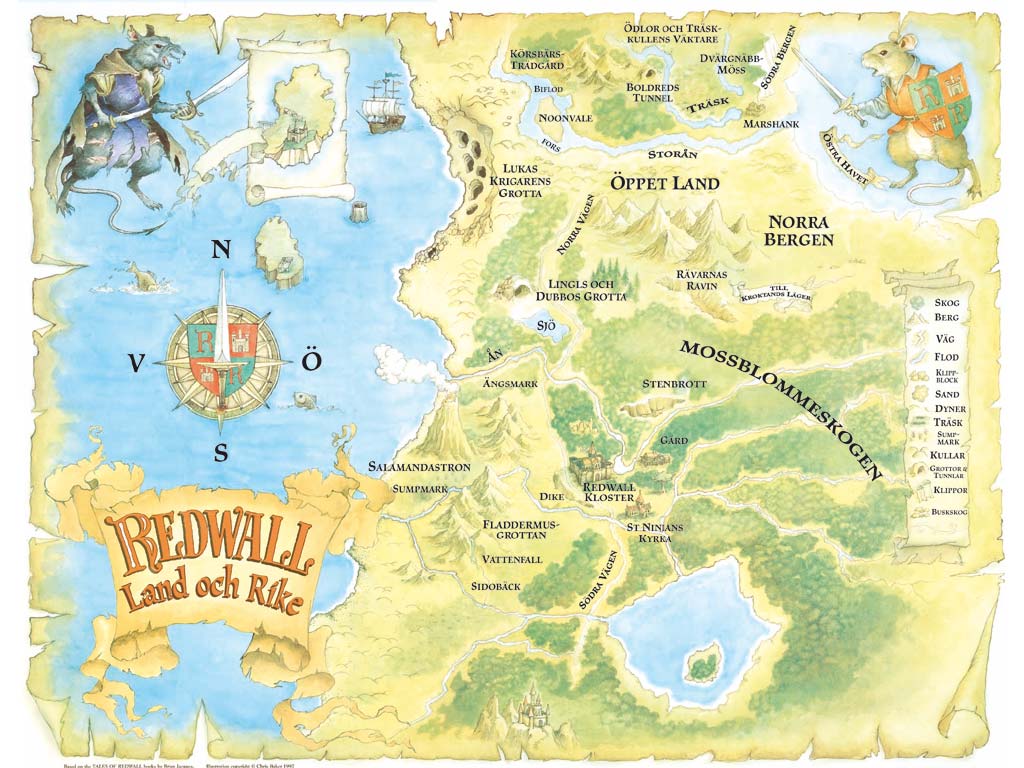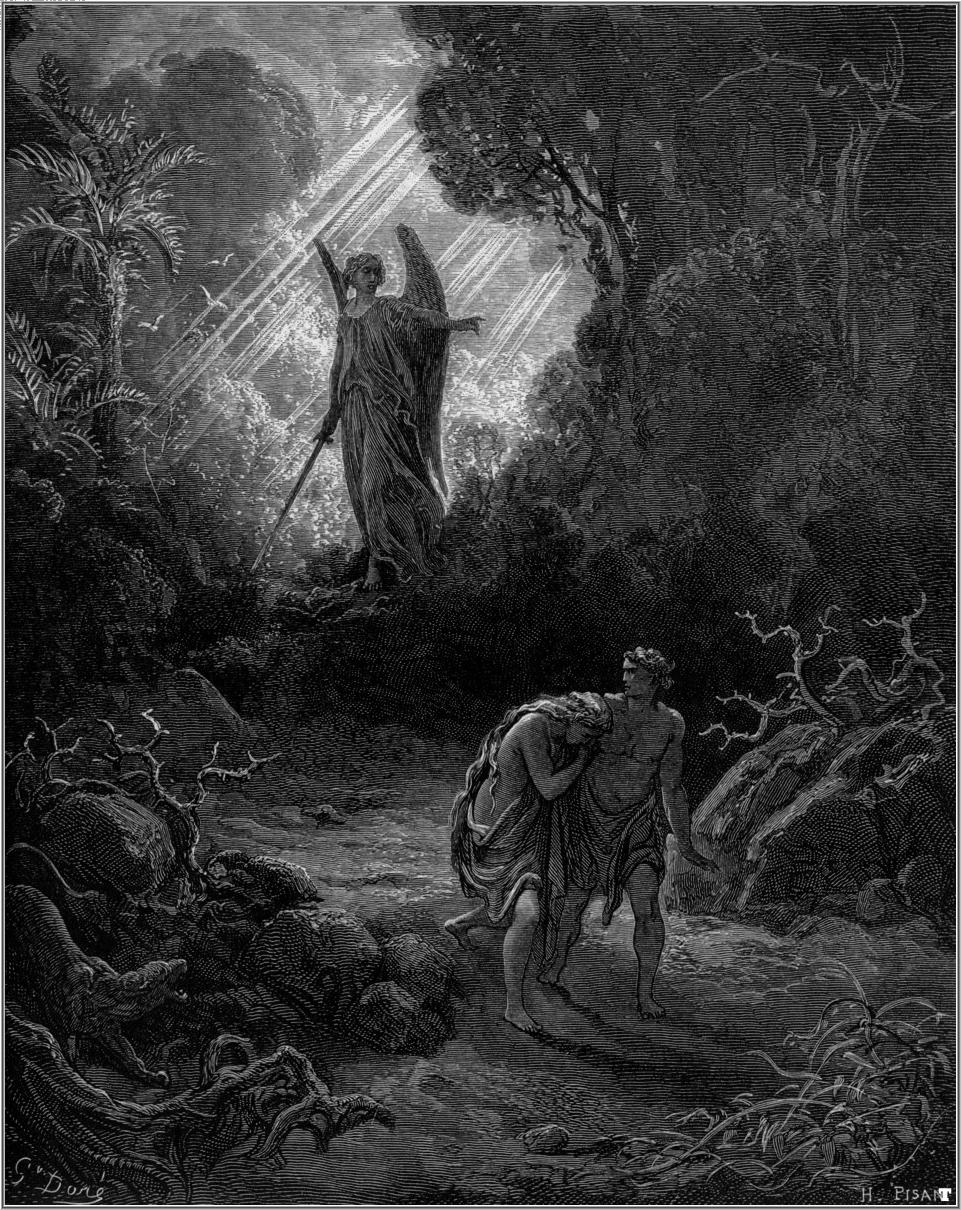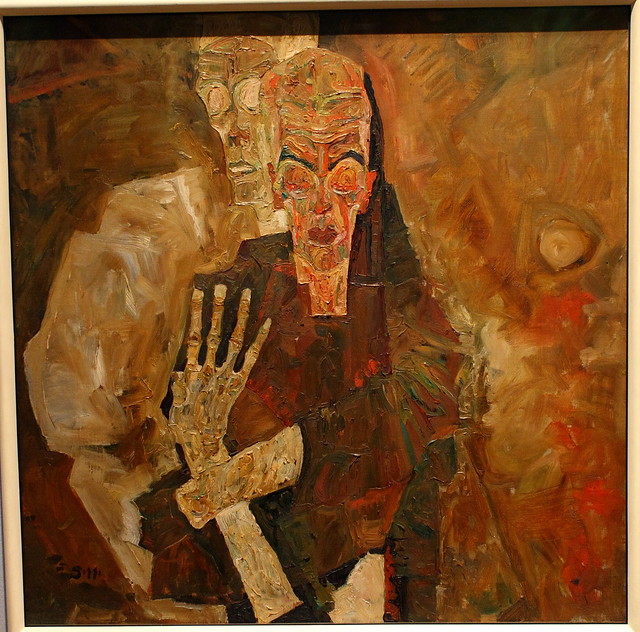Exodus from Eden-A zombie story
*Be forewarned that this story presents my Stephen King inspired insanity! It also contains a few obscenities, sexual references, scary sequences, heretical ruminations, and incomplete sentences towards the end. Reader discretion is advised!*
Applying the last bit of blush to my cheeks, I thought through my itinerary for the day again. I also glanced downwards at the cleavage showing through my green top. Everything had to be approximately sexy. Tonight was the night I was planning to ravage a boy in zombie drag.
Well, we were not exactly zombies as of yet. Everything though was set in motion for us to eventually become such decrepit creatures. A little bit of zombie pallor was already setting in. If a person were to analyze my skin, they would see a small, halogen glow radiating off my skin.
Supposedly the glow came before the process of decomposition. For the next few weeks, I would be at the precipice of the living-dead. What an oxymoron? How can something be dead yet definably living all at the same time? Well, I’ll just put my trust in the specialists over at the executive office to allow for a small ounce of consciousness to remain after the final stage of erosion.
With my last bit of human instinct, I spun myself around and away from the mirror on my dorm wall. Standing in front of me was the man who did not bother to ever knock on doors. Impropriety was his strong suit. As he crept closer to being a zombie, that particular trait seemed to be augmented.
“My, aren’t you looking quite desiccated?” Henry announced. I dusted the imaginary dust that had possibly accumulated on either my naked arms or straps. Internal anxiety always kept me busy with these silly stress-relief tasks that served no greater purpose. Why do we self consciously dust ourselves off especially as zombies who will only shed off that layer of skin in the end?
“Yes, I’ve made sure to appear elegant though half deaf. Tonight is the last night before we all are “distilled.” So, you’d better prepare yourself for my naughty side? I haven’t had much time to flex it.” I replied. He mockingly smiled at me as though I wasn’t the type of girl who was capable of getting down and dirty. In the sex department, I supposedly had a moral incapacity to commit such things. Back the community, I was known as the prudish little girl who would be appalled by my present descent into the thralls of darkness.
Well, circumstances change rapidly. Before this, I had been Tess of D’Urbervilles who had strived to be decadent, straight-laced, and moral upstanding. Now, I was resigning that tidy role and making my way to become a zombie. The church led me here; they coerced me. Their betrayal ultimately tore me down.
Lanced around my wrist was the only heirloom I sought to keep after my conscience was thoroughly eradicated. It was a friendship bracelet with one drop of irremovable blood. That friend of mine had committed suicide because his willingness to love tore down the façade of our community of church. As he shone in the light of morality, the church was shown in their depravity when they denounced him for this love.
Now, I too was incriminated for being an accomplice to his downfall. For authenticity of feelings, I was disinherited and eventually displaced. Here I was now, ready to exterminate every last ounce of humanity to stop the psychological process of emotional degradation. For myself and my fallen friend, I’d rather toss it all away.
“Catherine, What are thinking? You’ve been staring at these boring white walls for the last five minutes. Right now, you’re about to experience the greatest known pleasure. Yet, you’re taking the time now to brood over it. What the hell? Snap out of it!!!” he yelled in frustration.
“Henry, can you give any woman some clearance? Sometimes, we just need some room to think. I’m sorry if you are closer to losing humanity than I. I’m not on the cusp just yet.” I trotted over to the far wall within my utilitarian dorm room and then plopped myself down on the brown-stained concrete floor. I felt my hand automatically land against my forehead as if to force cheery thoughts out of my mind’s stalemate.
Without looking up, I heard the sound of Henry’s shoes reverberating through the room. The sound was discordant, similar to the grating noise of a fork being scraped against a place. Henry’s very presence was infuriating. I was having second doubts about this penultimate sinful act thing. Here was my conscience working its wonders yet again. The informant at this company clearly told me that the conscience would wear away before the memories. Yet, it was still entwined with every thought that my worried brain developed.
“Do you know what I told my last girlfriend when she seemed over-concerned? I told her to drink some wine to allow it ease herself into the right frame of mind. You just need something like alcohol to have that same effect on you. Then, you’ll be able to enjoy the full bliss involved in this sorta thing.”Henry replied condescendingly. It only further exasperated me when guys talked to women as though they were beyond their understanding. Or, they approached us as rambunctious five year olds that needed to be lightly reprimanded about their incessant questions.
If someone could take my thoughts piece by piece out of my head, they’d see dozens of thoughts that envisioned every scenario or hypothetical outcome that could possibly arise out of the present. Was it really some sort of internal feminine self that caused my brain to go haywire with all these possibilities?
I always thought it was a human thing. Perhaps, a few women just attend to them more so than men. Therefore, the honesty of those women just helped to form stereotypes. Weren’t stereotypes just a method of ignoring human complexity? In the same vein, wasn’t legalistic Christianity just another method of denying that mystery of the human self?
Humans do not like mystery. Take Pandora or Eve for instance, for following their whims, they supposedly ushered in the destruction of humanity. How could they be content with letting the mystery stay cooped up in the dark? Pandora opened the box to discover firm knowledge of the inner contents. Eve plucked the apple because God was the patriarch who found her obstinate curiosity to be both lethal and absurd.
Neither the congregation nor the pastor of the Christianity utopia liked my sagacity. After the tragedy of my friend, I began to scrutinize every edict of the community. Seeing their human frailty made me sight even more of it within their rules.
Once I found the science books that were strictly banned within the community, I learned a bevy of information about gravity. Everything had a gravitational pull and the interaction of these pulls permitted objects within our world to stand upright or not to topple.
My gravitational pull of inquisitiveness neutralized the church’s own pull or influence. Now, I knew that Noah’s Ark filled with every species of animal was far too dense to float in water. Of course my pastor objected and told me that God could have turned off the gravity in order to allow it to float. I had the upper hand in that argument because I knew that a world without gravity would cause chaos. Space itself and everything in it would fall apart as if their unseen strings were suddenly severed.
The worst act of my defiance though came in the form of “speaking.” I told the administrators at this zombie community that I had consensual sex with my father. Though, I only formed that falsehood because zombie communities required grave sins for entry.
I hadn’t really committed any real grievous sins albeit the speaking arrangement. See, our church community every year held a celebration before the portended apocalypse. Or at least, they informed me that the apocalypse was bound to happen. This would be followed with the rapture that would lead only the true Christians to heaven for protection.
They spoke about the current world that had seen ruin with the rash of droughts, famines and wars. Now, the world had been detained by an obsession with the ability to be immortal. Recently, some harbinger of sin brought out new forms of technology that would supposedly transform willing humans into zombies to safe keep their bodies.
He is gathering flocks of interested people because they do not want to die. Even if this artificial enhancement destroyed their conscience, intelligence, and everything else related to our higher selves. Instead, they would be united with their base desires in an inextricable bond. For the remainder of the universe’s time, they would be able to engage in frivolity without any conscience to deter them from it.
I could not remember the remainder because it was sheer bullshit. There were not droves of people heading to these zombie depots. Contrary to that, the people heading there were all escapees from these Christian utopias that existed outside of the stable, secular society. Many of which were the gays, lesbians, artists, or defiant women that were born within the community.
Why couldn’t any of us just join the supposed perfected societies? Well, none of us were exactly welcomed into those metropolises. Therefore, many of us apostates had to be the experimental pawns for these zombie operations without our explicit permission.
Sometimes, I wonder if I could have chosen some other option besides interrupting the pastor’s speech that day and speaking proudly and liberally as a woman. I always wondered if there would have been a difference if I had a penis, a gruffer voice, and a pragmatic mind. Would my punishment have been lighter? Would my thoughts be surrounded around a strong belief in their trite beliefs? Could I have determinably believed in their bullshit without dissecting it for untruth?
Was it really my female brain that made me think all sorts of heresies? Was it my friend’s suicide and my community’s inhuman response that ignited my brain to share these hidden truths? I mean, I once believed in their bullshit without much contention. Now, I could not stop thinking of every wrong factor to their beliefs. Even now, I still wondered if I should have intervened on the pastor’s speech when he began speaking unfairly about my friend. Something in my consciousness could not bear the smug smile the pastor bore as he spoke about my friend’s unsalvageable situation. Essentially, he was burning within hell for being something different from everyone else.
When I stood on that podium and announced my views, I shed my skin of falsity and screamed every truth that littered my brain. The incensed crowd screamed over my confident voice that defied all the lies they shouted. I bombarded them with so much truth and love for my friend that they began looking more like Satan’s minions as they called me names like “hartlot,” “Eve conspirator,” and even “fag.”
Though, I’m sure the latter was their opinion of my friend whom they had already considered a lost cause within the mire of their immoral minds. After that speech, the community together led me out of the metal gates out of the community and locked the door permanently.
I could still recall the numbing wind of the winter air. But also, I still could recount every beautiful pine tree that stood around me. I wondered if Eve sang a woeful tune after she was ejected without having the opportunity to argue. How many other Eve’s displayed their humanity only to lose favor with the rulers who pretended to be infallible.
Was God really gladdened by Eve’s honesty? Would he have rather had her commit perjury every time God asked her questions? Somewhere in my mind, I still felt some connection with some God, some stray hope that he still existed even after this tragedy.
I still imagined God crying tears and shaking the ramparts of heaven as he sobbed. This was a tearful, feminized God that I always clutched after my leave. I did not want to believe that God emulated the church’s close mindedness or their misogyny.
Maybe this whole visual of an emotive God was balderdash, a placebo that took the place of the true, vindictive God. I could not keep steady though when thinking of the God of wrath and inhuman jealousy. There was something human about him. Why would a supreme being destroy whole cities for the sin of two or three humans? Since, when did Judea become the only moralistic nation while the other ancient nations were thoroughly corrupted?
These answers will always be left hanging just as my dejected self felt detached from my surroundings. Even now as Henry sat across from me on the floor and looked into my eyes for some sign of life. I only stared back at him with lifelessness.
After I left the community, I was detained by the security forces that were reportedly protecting their cities from Christian influence. When they informed me that my only option was to undergo a procedure to become a “zombie,” I screamed loudly and assaulted one of those guards.
In that moment, I felt so much power in my ability to topple over a male guard. Throwing a punch to his face and another one to the side of his head, I felt strangely unlike myself. Initially, I thought this unleashed violence would produce gratification.
Instead, it emptied me of every last bit of sanity or reasons to prolong my existence. I ended up affixing my teary eyes towards the assaulted guard’s green eyes. The interval of time between this and my moment of capture were less than ten seconds.
Yet, my mind exaggerated the length and made it appear longer. I studied him: his angular face, his small, pimpled nose, the slight cleft in his chin, his brown, curly hair. Part of my hands felt around his abs and sensed the arousal within me that was unfurled.
I’ve never had these feelings of weakness before. I snapped myself out of this unhealthy downward spiral to weakness. No element of me wanted to revert to that state. Even now as I stared at Henry in the present, I did not want to resume that deteriorative process.
Henry was not exactly as sexually stimulating as that guard had been. Instead, he was haggardly like Mr. Rochester had been accurately described in the original Jane Eyre film. Before, the studio executives decided to pretty him with the involvement of Timothy Dalton.
But, Henry had that hawk-like nose that seemed fitting for his face. His lips were excessively chapped, while his face was ruptured by pimples that were red with agitation. The worst feature was his unkempt, uncut brown locks that were the most Mr. Rochester piece of him.
Jane Eyre might have been less superficial than me. She might have even thought that all those detractive features of Henry were actually attractive. Also, she might have liked Henry’s ineptitude when it came to acting masculine. In the end, he acted like a man in drag. While he attempted to act like a stereotypical manly man, he ended up somewhere in between a submissive female and a domineering male. Some could certainly say that Henry was androgynous. I just thought of him as someone who was authentic.
I peered in the mirror one last time and caught a glance of my shortened auburn locks. When the security guards originally manacled me, they shaved off all my hair because they just wanted me to feel shaken to the core. It was mostly scare tactics that were customary in prison procedures. Logically, they didn’t really need to cut my hair except to put me back in my place.
Now the hair has grown in length over the last six months of being situated here. It was that main feature of females that men have forcibly cut off historically. Because, men’s lustful feelings were supposedly uncontrollable back in ancient times. So, they took it upon themselves to have us cut off that unique female feature to help them with their temptation problems.
Maybe, everyone within the Garden of Eden story was jealous that Eve had the opportunity to gain power or prominence. So, God imposed barriers on their garden utopia to keep Eve from maturing. God did not want Eve to seek knowledge about God. He didn’t want any of his creations for that matter to make extrapolations about their compositions and the answer to the many “Why?” questions that percolated in their God designed brains.
Back in the present, Henry tapped his finger impatiently on the bureau below my mirror. He was becoming impertinent as he kept making loud noises to announce his strong need to have sex with me. I had told him in the Zombie Institute’s cafeteria one day that I would try to have sex with him. Ever since reading about it within many of the novels we were permitted to read, I have been greatly curious about sex.
The Zombie Institute held many books about sex and all different subjects. These subjects were strictly forbidden at the Christian utopia. Ironically, they permitted us to peruse any book because they knew that we needed to engage in the few mortal pleasures we had before we went through the dehumanizing zombie operation.
Back at the utopia, the idea of sex and the implications captivated me. Now, that I knew that the pleasure was fleeting, I was not exactly excited. Should I say that my more rational self felt a bit disappointed by these depictions of sex? Sex did not sate you till long until you needed more of it to keep yourself content.
Plus, from reading the history books in the library, sex only seemed design as just another practice to feel depowered. Even the saintly Christians in history used their ceremonious, unbinding wedding arrangements to enslave women for pleasurable purposes. All the monarchs like King Henry the 8th ignored many biblical commandments as long as it allowed him that one opportunity to devalue and deflower women. These men just forced women into a status of slavery so they could satiate themselves without biblical guilt.
Did Adam commit a whole slew of sins before Eve committed that one petty sin? Adam could have lied, abused Eve, or even have denied God a thousand times. If Adam really existed, we would not know these truths because there were no eyewitnesses. But, if he didn’t then it really was just some fabricated cautionary tale that informed religious communities about the hidden seductive power of women.
So, I remained immovable as Henry shook me and begged earnestly for us to have sex. “Please, Catherine.. You promised!” He spoke with a whiny lisp that made him sound like immature child begging their parents to dote on them.
“Henry, I’ve decided I’m just not in the right mood. I’m going to go take a walk. Okay!” I stood up from the floor and headed towards the pale wooden door of my dorm room.
“Catherine, it will help lower your stress and stop your thoughts from going out of control. I mean it. I’ve done it plenty of times, it’s definitely safe. Why are you being such a pussy? It’s not like your Mary, Mother Redeemer anymore.” Henry spoke with that grating tone that made my brain feel like it was hemorrhaging. With alacrity, I walked outside of the room without looking back.
As I walked through the uniform white walls of the institution’s hallway, I began feeling lithe. All around me, the walls seemed to liquidate while the framed pictures of different species of animals were stretched thin. A pang of panic coiled around my nerves while some undetected object seemed to wrap itself around my throat
With a raspy voice, I screamed. “HELP!”
Suddenly, I noticed I had tumbled to the floor into a pile of sticky residue. With my fogged vision, I noted that the liquid was red. With the last bit of consciousness, I registered the liquid as blood. I should have felt more panicked or wholly afraid. Instead, I felt apathetic or numb. I did not know how to define a feeling where those feelings are voided. Every feeling had suddenly vanished.
But, I still could think though at a decelerated pace. The subtle pallor of my skin increased while sheets of skin were torn off of me. With my brain going through a process of retardation, I made a correlation between the blood and my skin. A slight pulse of panic, though stray and unconnected with this prism of no feeling, alerted me to the fact that I was premature.
One last hoarse screamed erupted with the aid of the last bit of brain matter that still produced consciousness.
Everything was going black.
Where would..my so….ul go?
Go…d……………………
De…ad….. I….. am…. D………





